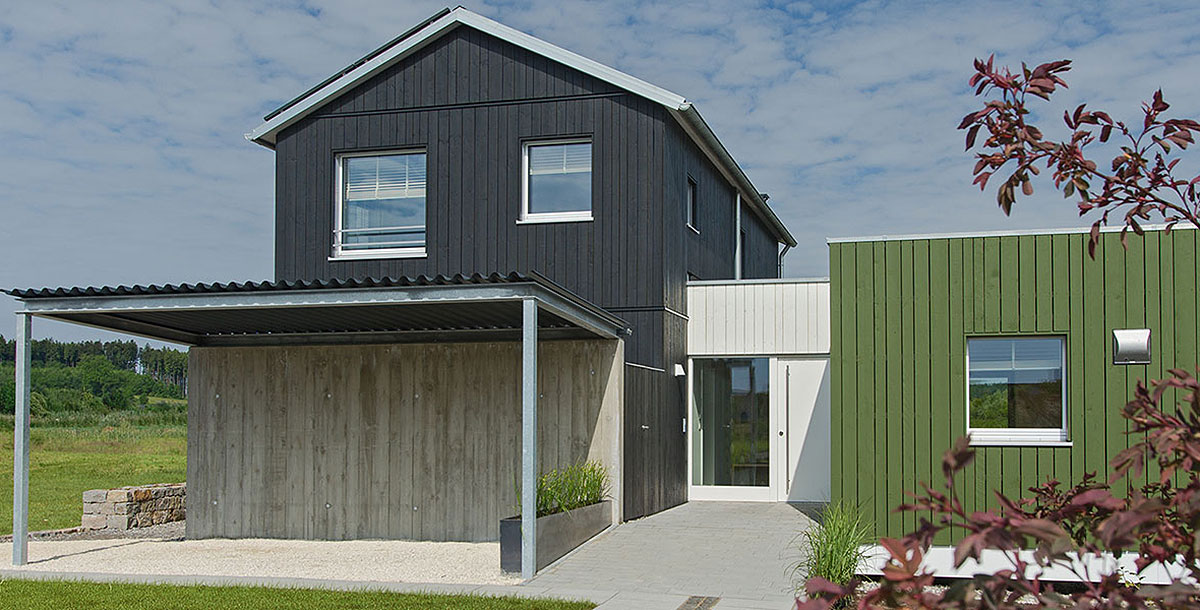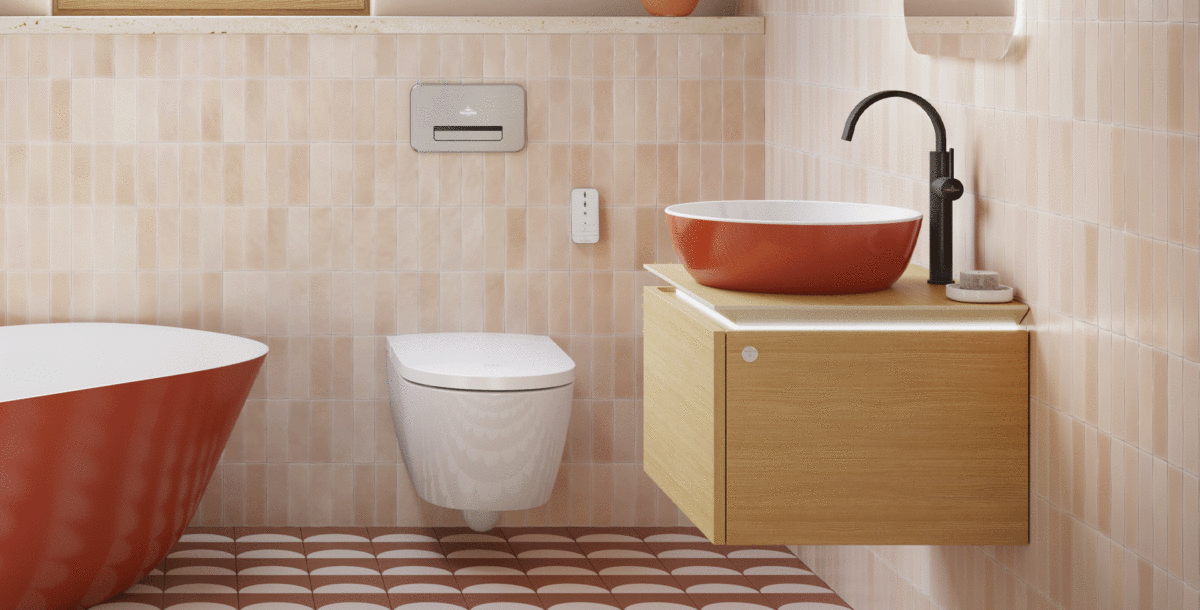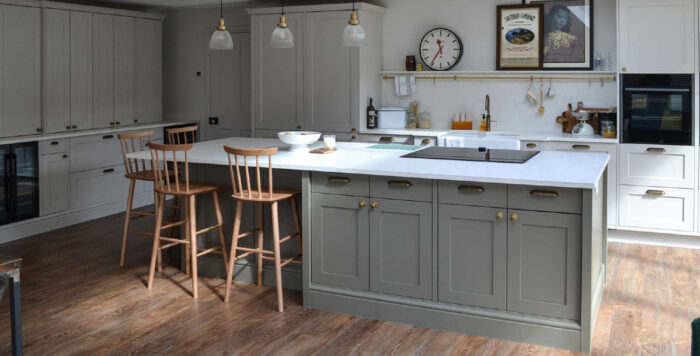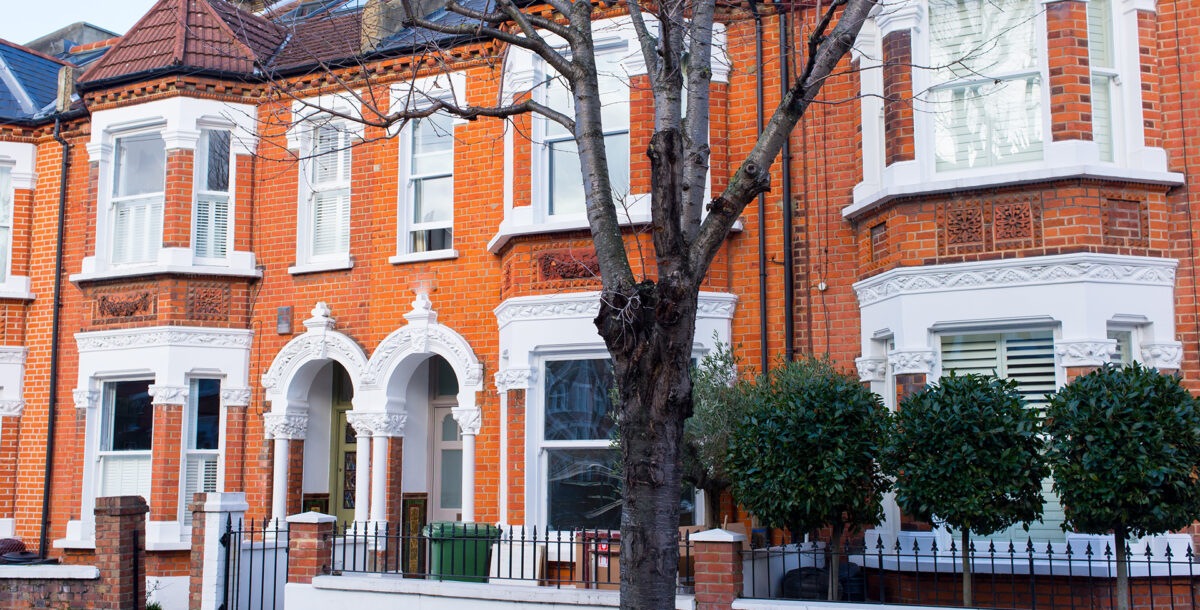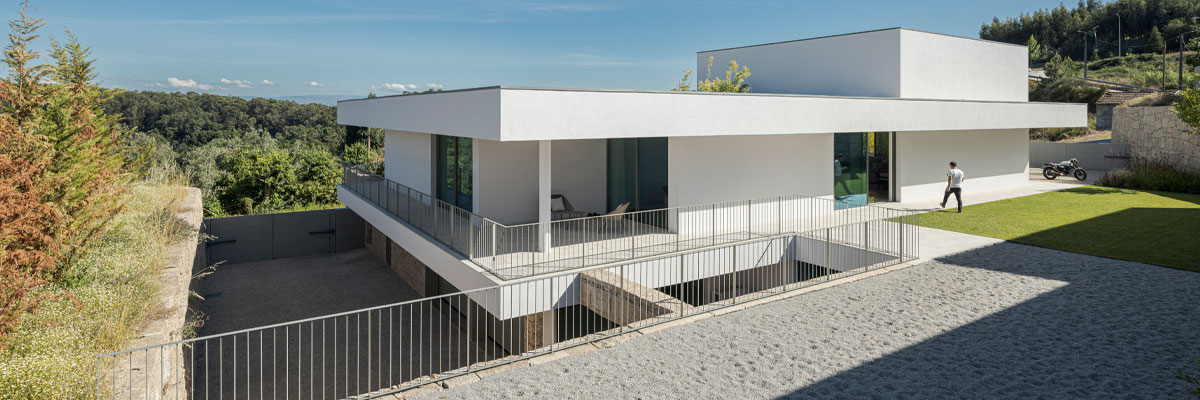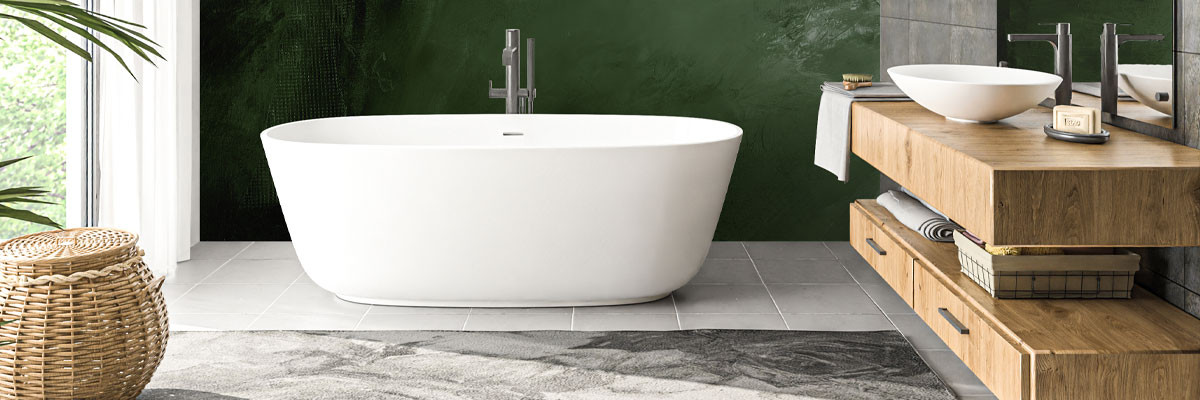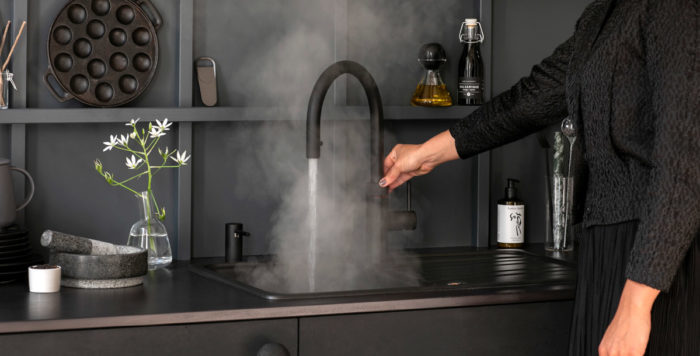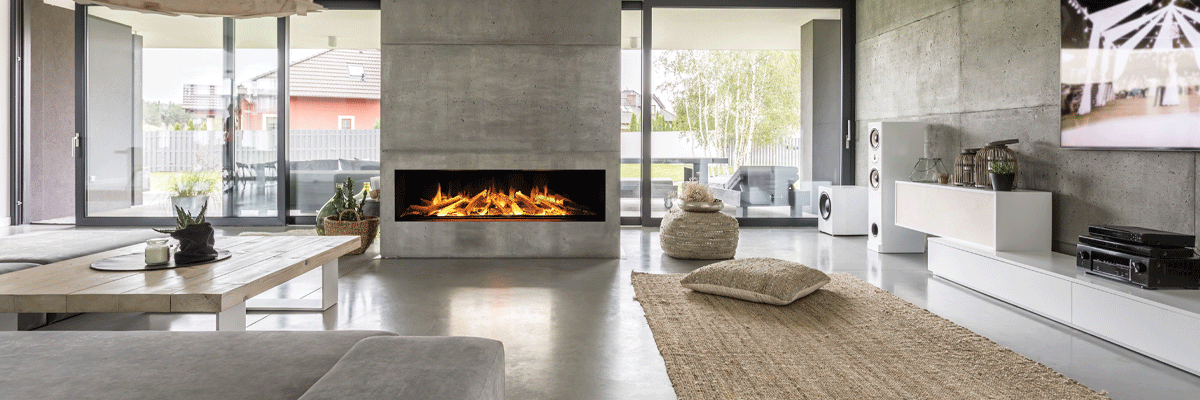Want to know how much it costs to build a house in the UK? Building your own home can be a way to really make the most of your money, but it pays to be savvy about creating a self-build budget. Read on for expert advice on setting a budget and sticking to it.
There is no such thing as an average self-build cost, because issues such as ground conditions, access to the site, location and proximity of services all have an impact on expenditure. BuildStore offers build cost guides and calculators, as well as a free costing service.
As a rough guide, assess the amount of cash and equity, subject to lending criteria, you already have along with the total you can afford to borrow, and then calculate the size and type of house you can build with the funds available.
Or, if you know the size of the property you want, work out in reverse how much it will be to buy a suitable plot and build the home of your dreams on it. Factor in the cost of where you will live for the duration of the project. Can you stay on the site in a caravan, which you may have to buy, or will you need to rent somewhere to live?
Use average property prices as a guide
Data scientist Anna Powell Smith explains how to set a budget that will reflect the value of your completed project: ‘Use average property prices per square metre in the area you are concerned with when deciding what budget to set for a renovation or self-build. Speak to local estate agents, builders or architects to get an idea of the local per square metre property values, or use online services that list average house prices per square metre.’
Your budget should be, at maximum, equal to the average property price per square metre multiplied by the square meterage of your prospective build, minus the price of the land to avoid the build entering negative equity.
The actual cost of the work is something that will depend on a whole range of factors. Consider using the square meterage information in tandem with a self build cost calculator to get an idea of how far your budget will go. A contingency of 10-20% is important. Having this built in from the outset will help to stop you going over budget.
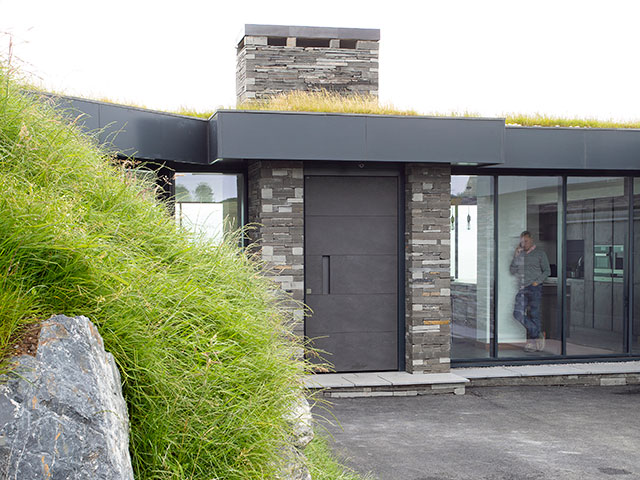
The owners of this clifftop house bought the land for £120,000 and spent £420,000 on the build. Completed, it was valued at £650,000. Photo: Douglas Gibb
How cost efficient is your build?
Make your budget go the distance by looking at contemporary forms of construction. Traditional block and brickwork can cost from £1,250 to £3,000 per square metre, while timber and light steel frames, as well as modular off-site builds, are quicker to construct and therefore reduce the overall cost.
Mike Hardwick of NaCSBA also advises on how to plan a cost-effective build: ‘The most cost effective shape of house to build is a square or rectangular footprint with a simple roof design. Complexity adds cost, as does anything bespoke, so choose readily available materials in stock sizes.’
If you’re considering completely renovating a home, demolishing it and rebuilding from scratch could also be on the table as a more economical opportunity as self builds are zero rated for VAT, however, you need to ensure you have planning permission to do so first.
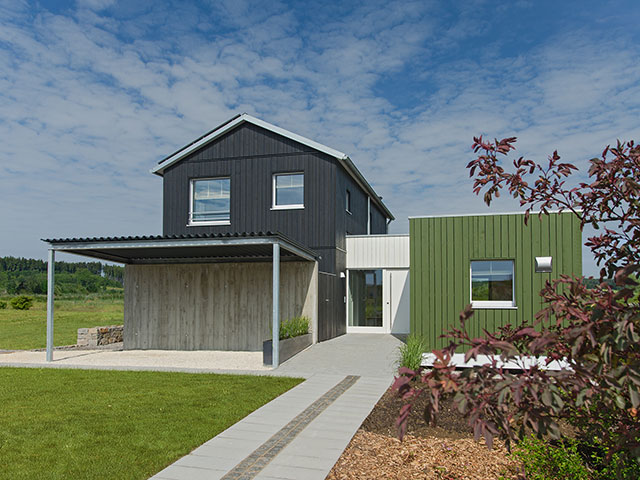
This S1 type kit house from Baufritz is affordable and features energy efficiency technology
Financing your self build
Financing a self-build project is a little different from buying a house. The funding doesn’t all need to be in place from the outset, for example, but it does need careful planning. Consult the Grand Designs magazine self-build mortgage guide for more information.

